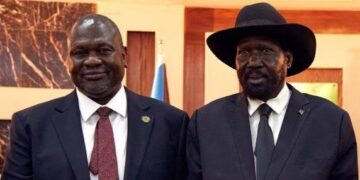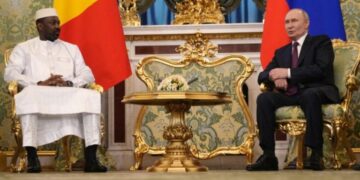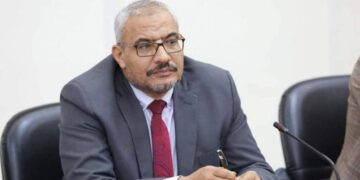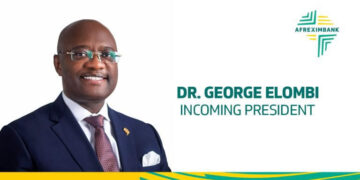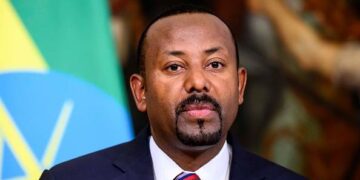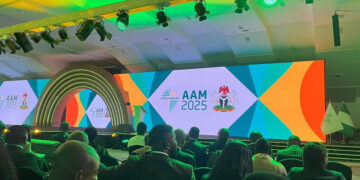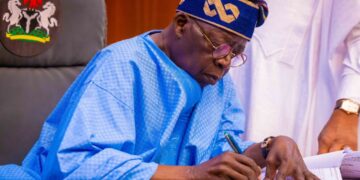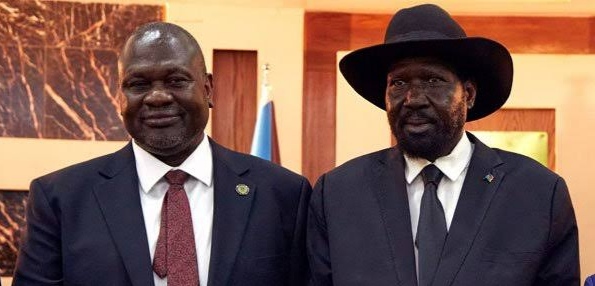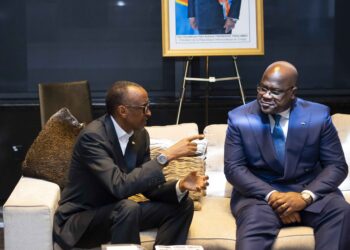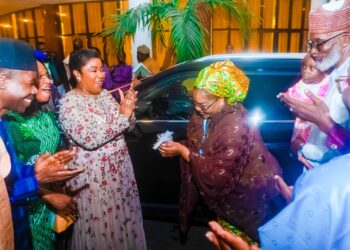By John Ikani
Top South Sudanese intellectuals and experts are questioning the decision to prolong South Sudan’s transitional phase for an additional two years. They argue it’s unconstitutional and a one-sided move to avoid losing authority and facing a crisis.
South Sudan’s groups involved in the September 2018 peace deal agreed to extend the current transitional period. They said this would allow them to finish implementing the remaining important parts of the peace deal.
However, academics and key members of civil society organizations disagree. They believe the extension weakens the systems and institutions created by the 2018 peace agreement.
Luka Biong Kuol, head of the Institute of Peace, Development, and Security Studies at the University of Juba, stated the extension of the transitional government and the delay of the elections, originally planned for December 2024, lack a legal basis.
“The Cabinet Affairs Minister’s claim that the R-ARCSS has been extended by two years, and that elections will be postponed to December 2026 based on an agreement within the Presidency, is not supported by the provisions of the R-ARCSS,” he argued.
Kuol specifically pointed to Article 8.4 of the R-ARCSS, which outlines the process for amending the agreement. This process involves approval from two-thirds of the Council of Ministers, two-thirds of the voting members of the RJMEC, and ratification by the Transitional National Legislature. There is no mention of the Presidency in this article.
“Therefore, the R-ARCSS is not yet extended, and elections are not yet postponed unless approved by the required bodies by September 22, 2024. The members of these bodies have a moral responsibility to challenge this unpopular process, which goes against the will of the South Sudanese people, by linking any such extension to the Tumaini Initiative Peace Talks,” he emphasized.
Jok Madut Jok, a Professor at Syracuse State University in the US, said the decision to extend the coalition government’s term and delay elections until December 2026 was expected.
“We’re not at all surprised that the South Sudan government under Kiir Mayar[dit], Michael Makuei, and Martin Elia has ‘postponed’ the elections. They’re now trying to convince us this was a last-minute decision due to a lack of options. But that’s not true! They’ve been planning this for a year, talking about elections to deceive us, but always knowing the country wasn’t ready to hold them – legally, financially, and logistically. They knew they couldn’t hold elections under these conditions: no money, no law, no security, no census, no constituency demarcation, and with the 2018 peace agreement not fully implemented,” Jok wrote in response to the announcement.
Jok mentioned that in the past, anyone questioning the country’s leadership about their ability to hold elections was labelled as anti-election or a promoter of chaos.
Wani Justin, another South Sudanese academic, described the recent extension of the transitional government’s term as an extension of the people’s suffering.
“They’ve extended it three times. The first extension was 100 days of the pre-transitional period. What was supposed to be achieved in 100 days wasn’t, and so the government was formed without meeting the prerequisites of the pre-transitional period. Then they talked about a roadmap to extend themselves for two years, and now these two years. What will they do now that they couldn’t do during the periods in which they extended themselves?” he asked.
The academic urged South Sudanese people to outright reject the extension through a popular uprising.
“If this extension isn’t rejected and people don’t speak out against it, it will become the norm. These people don’t want elections because they know they don’t have the trust and confidence of the people. They represent themselves and don’t care, leading the country into ruin, even if it falls apart. They don’t care. They’re not leaders and should be forced out instead of being allowed to hold people hostage on a whim,” he said.
While announcing the extension, South Sudan’s Presidential Adviser on National Security, Tut Gatluak, said it provided an opportunity to implement the critical remaining parts of the R-ARCSS, such as the permanent constitution process, census, and the registration of political parties.
Separately, Cabinet Affairs Minister Martin Elia Lomuro said the transitional period extension was in response to recommendations from both electoral institutions and the security sector.
He assured the public that the government would continue to function during this extended period.
South Sudan’s presidency, in a statement announced by the state-owned television (SSBC), emphasized that the remaining months of the current transitional period would be used to gather enough funds for the effective implementation of the revitalized peace agreement.
This initiative, it further stated, is essential for achieving long-term peace and stability in the country.
